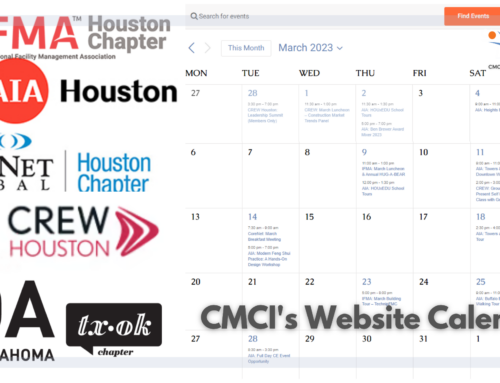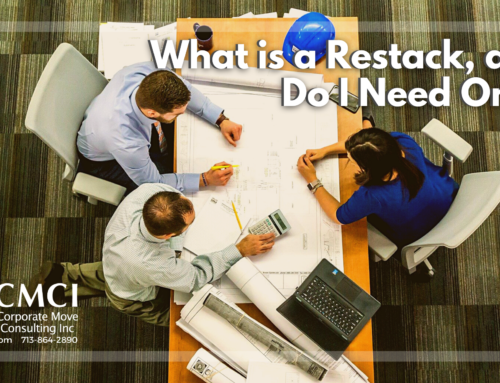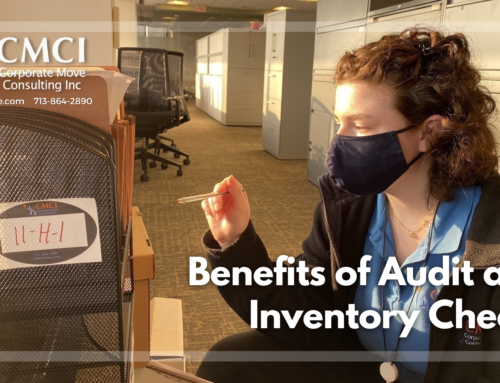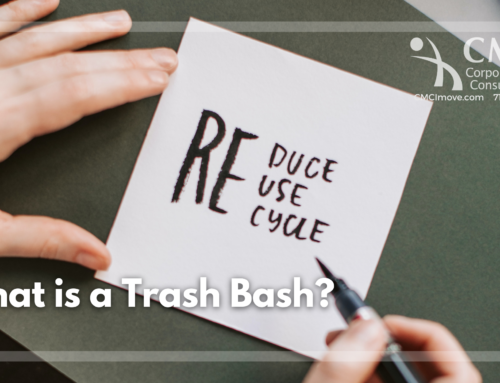
When assisting your peers in the move process, you should ask the question “Have you even looked at this in the last 90 days?” It is easy to accumulate a lot of paper documentation from past projects, like meeting notes, memos, and copies of old client deliverables to name a few. Refer to your records retention schedule for what can be tossed, scanned and saved, or shredded. While contingent on company policy, odds are good that all this has already been backed up on a server, and these copies were for convenience’s sake. Helping your peers who are more inclined to save everything is crucial for a smooth transition into your new office space.
You may also need to assist colleagues in ensuring that certain files are removed from individuals’ desks and put back in their proper storage areas so that they can be fully accounted for and safely transported. This is especially important for healthcare organizations and businesses storing sensitive client records. A HIPAA violation is the last problem you want to create during a move. If there are documents that are no longer needed, but contain sensitive information, designate a space to shred and properly dispose of materials.
Lastly, movers bid their work to exclude personal belongings, as moving companies do not insure personal items, so if your coworkers’ objects sustain damage during relocation, there is nothing they can do to have them replaced.
We highly recommend utilizing an experienced Move Coordinator who can properly consult your team on how to facilitate a risk-free relocation. Remember that moving unneeded material wastes time, space, and most importantly, your new building’s footprint. Check out our latest blog, “What is a Trash Bash?” for more information on downsizing unnecessary materials.











Hello there, You have performed a fantastic job. I will definitely digg it and individually recommend to my friends. I’m sure they will be benefited from this site.